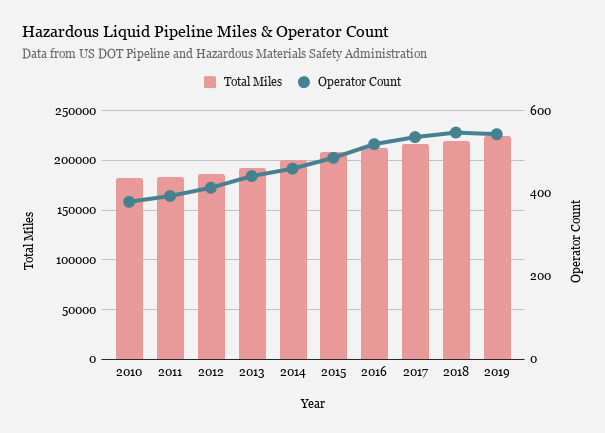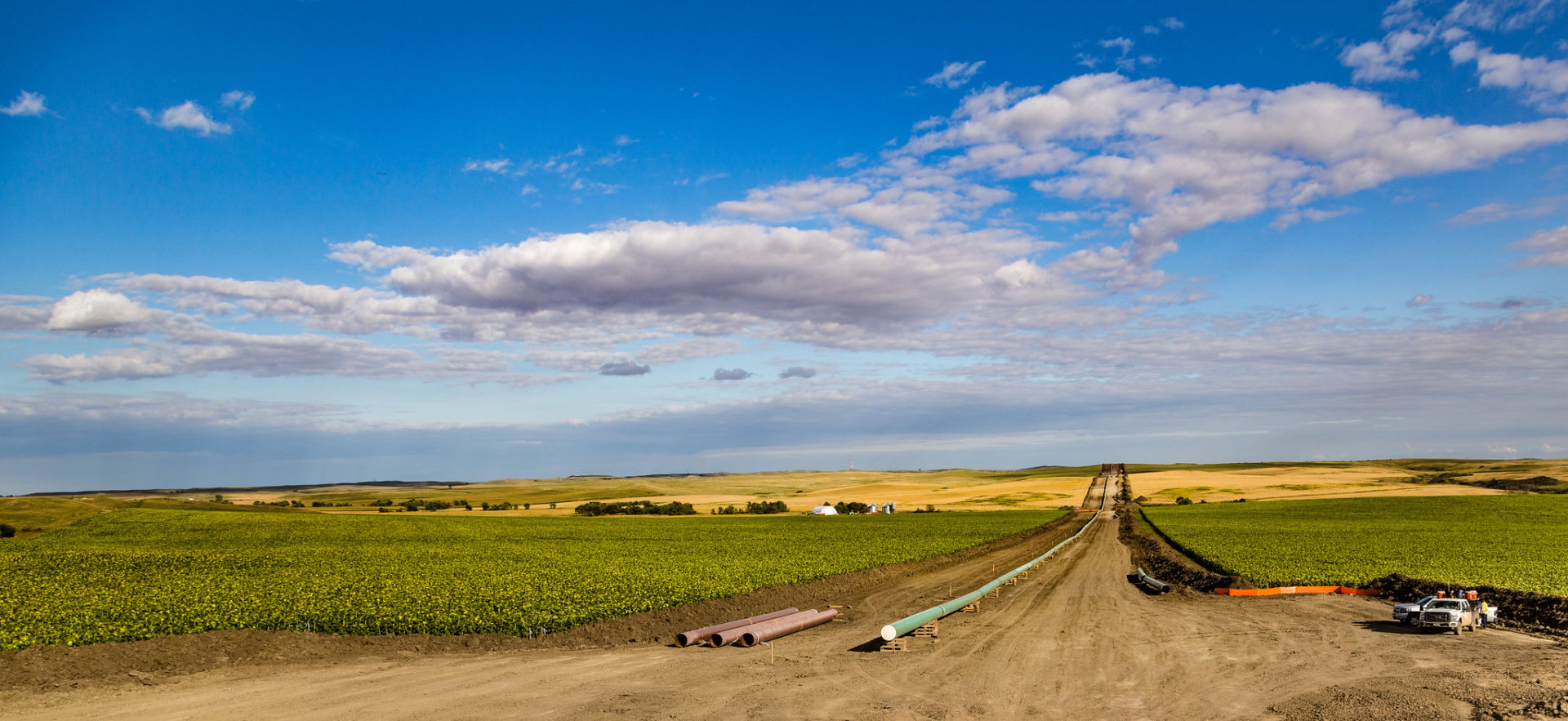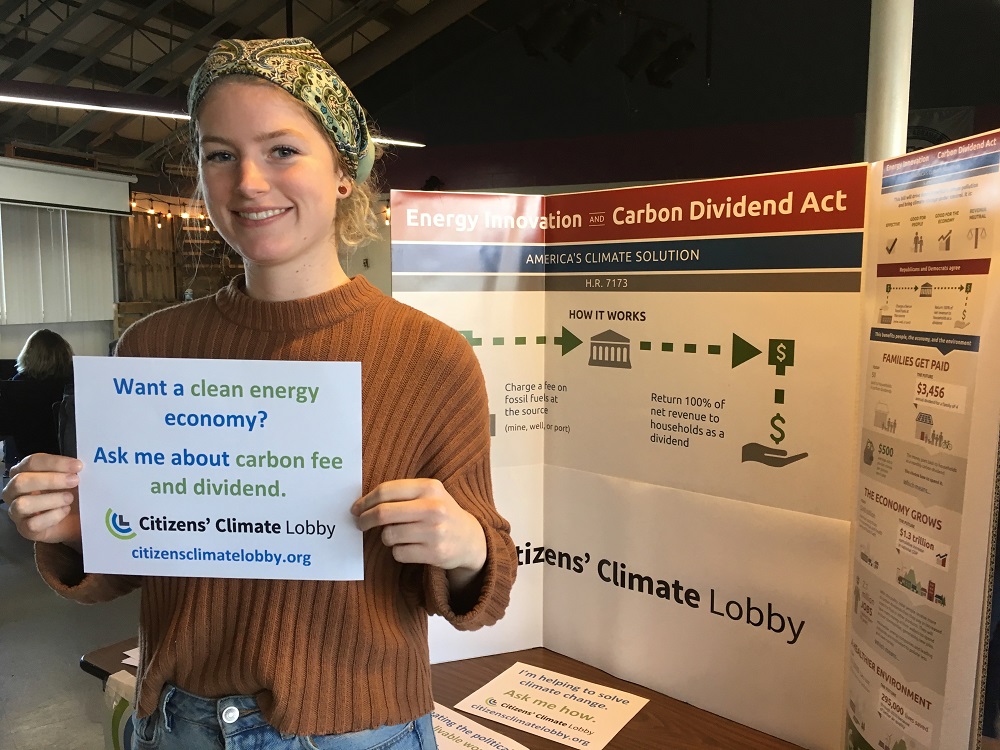In his speech at the Republican National Convention – a maskless gaudy performance in a country still mishandling a global pandemic – Trump reminisced his administration’s harmful policies and shrouded his failures with rousing language for over 70 minutes. With a crowd applauding every xenophobic, sexist, racist, and bigoted statement, it is no surprise Trump’s mention of the Dakota Access Pipeline as a success boasted similar sentiment.
Ever since the Trump administration expedited the Dakota Access Pipeline in February 2017, authorizing its construction half a mile upstream the Standing Rock Sioux Reservation, the federal government’s position has been clear and simple: the administration is blind to the unequivocal environmental racism rooted in the pipeline and willfully nourishes its entanglement with fossil fuels.
Stretching 1,172 miles, the Dakota Access Pipeline (DAPL) is a testament to modern-day colonialism, with current court proceedings highlighting the importance of the opposition and illegality of the pipeline. The DAPL was shut down on July 6 due to legal violations that could have adversely impacted the Standing Rock Sioux Reservation and neighboring ecosystems.
“The courts have found that the Army Corps violated the law when it issued the permits to cross the Missouri [River] and that they would need to perform a full environmental impact statement — a comprehensive review of risks and alternatives,” said Earthjustice Attorney Jan Hasselman in an interview for Impakter. Hasselman has defended the tribe against the DAPL since 2016 and is currently representing the tribe in the media, as members from the tribe are not personally commenting at this time.
Contradicting the court ruling, the D.C. Circuit Court of Appeals issued an order that authorized oil to flow in the pipeline.
“As of now there is no permit for the pipeline to cross the Missouri [River], so it is essentially operating illegally — like driving without a driver’s license,” said Hasselman.
A report from the Corps is due by Aug. 21, which will clarify its illegal operations and then a following court hearing will be scheduled.
“What is surprising to a lot of people about projects like [the DAPL] is that there is no overarching federal permit required for a major crude oil pipeline in most cases or an agency that looks for the risks, trade offs, and alternatives, which is a big problem underlying this whole conflict,” said Hasselman. “There was never a federal agency that took responsibility.”
Less than a month after Trump was sworn in 2017, his administration reversed an earlier decision to withhold the easement that would allow the DAPL to be constructed in close proximity to the Standing Rock Sioux Reservation. His decision consequently halted an ongoing thorough review of alternative pipeline routes and the tribe’s treaty rights.
Trump was also a big investor in Energy Transfer Partners, the operators of the pipeline, and the agency donated a large sum of money to Trump’s election campaign and the Republican National Committee.
In this way, the upcoming 2020 election plays a critical role in the outcome of the DAPL court proceedings and the continuance and amplification of future oil pipeline projects. Biden introduced in his climate goals phasing out dependency on fossil fuels, hosting carbon-free energy electricity by 2035. With other expansive environmental goals, the administration is more likely to shut down the DAPL and effectively reduce the number of hazardous liquid pipelines.

For the past decade, the U.S. has steadily increased its dependency on hazardous pipelines, rather than drastically shifting to cleaner energy sources. A majority, if not all, of these pipelines leak oil into the adjacent areas, polluting the air and tarnishing the land and water. In regard to the DAPL, several facts echo its singularity among other pipelines in the U.S.
“First of all [the DAPL] crosses lands that were initially promised to the Sioux tribe in perpetuity, but the U.S. government broke the treaty,” said Hasselman. “For many non-natives [that action] feels like ancient history, but for my clients that’s still very raw — that is their land and it was stolen from them.”
The pipeline traverses a place of cultural significance for the tribe that severe oil leakages, as there have already been numerous smaller spills, could quickly devastate, acutely impacting local residents. With the pipeline buried so deep under Lake Oahe — roughly 90 feet below — an undetected oil spill could do great damage, unless the spill is large enough to meet the water’s edge.
The fierce opposition to the DAPL and renewed persistence to shut it down comes at a time of other successes with pipeline cancellations or rejections.
Related Articles: Environmentalists Should Pay Close Attention to the Racial Justice Movement | Environmental Racism: Why Does It Still Exist?
“We have seen in the last few years a real increase in the number of pipelines that have been blocked by both court cases and citizen opposition,” said Hasselman. “The DAPL helps people understand just how damaging and risky these [pipelines] are and how senseless it is to continue investing in fossil fuel infrastructure in a time when we so urgently need to head in a different direction.”
As the DAPL currently supports about 5% of the country’s crude oil, the case for shutting it down is being met with serious opposition. Hasselman stated there were over 20 states backing the pipeline, along with the Trump administration that would undoubtedly protest any end to it.
Steaming in an inordinate amount of environmental racism, the Dakota Access Pipeline — marked by its early relocation away from the predominantly white city of Bismarck toward the tribe — should never have been approved and celebrated in the first place. For almost five years, climate activists, residents of the tribe, and other protesters have attacked the DAPL, battling agencies of immense power and pleading to have it shut down. The attention this case has gotten will hopefully have a lasting influence on the proceedings of other pipelines, until our country suspends the use of fossil fuels altogether.
“The Standing Rock Sioux tribe has never wavered in their determination to shut down the pipeline and will continue the fight until it is,” Hasselman said. “If it’s not done through the court system, it will be done through the political system. Eventually we need to shift away from crude oil and one day this pipeline will close — there’s no question about that — it’s just a matter of when”
Editor’s Note: The opinions expressed here by Impakter.com columnists are their own, not those of Impakter.com. — In the Featured Photo: Construction of the Dakota Access Pipeline (Bakken / DAPL) near New Salem, North Dakota — Featured Photo Credit: Tony Webster











